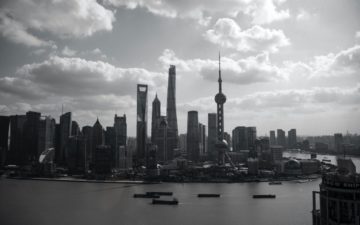 Mingtang Liu and Kellee S. Tsai in the Marxist Sociology blog:
Mingtang Liu and Kellee S. Tsai in the Marxist Sociology blog:
China’s stunning economic growth and technological prowess have stoked anxiety that the world’s longest-surviving communist regime is poised to replace the United States as the next global hegemon. Coupled with the expectation that China may emerge from the Covid-19 pandemic less scathed than the West, to many observers the scenario of a US-China power transition appears even more likely, if not inevitable.
We disagree. In a recent article, we detail why much of the current discourse on China’s rise significantly overstates its economic might. China’s model of state capitalism and the dynamics of globalization have contributed to its rapid development over the past four decades. Yet these same factors circumscribe its hegemonic potential for three main reasons.
First, in China’s version of state capitalism, private capital faces serious constraints because the state sector constitutes the economic bedrock of the Chinese Communist Party’s ruling status. State-owned enterprises have been backstopped by the state banking system and shielded by powerful regulators—despite their lower levels of productivity. By contrast, the more efficient private sector has grappled with limited access to official sources of credit and relied on more expensive and riskier types of informal finance.
More here.
